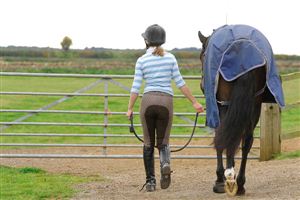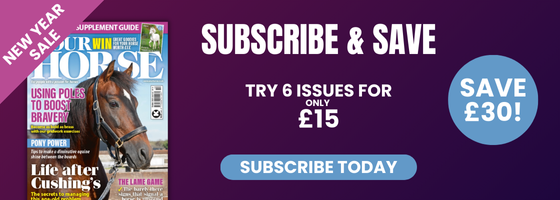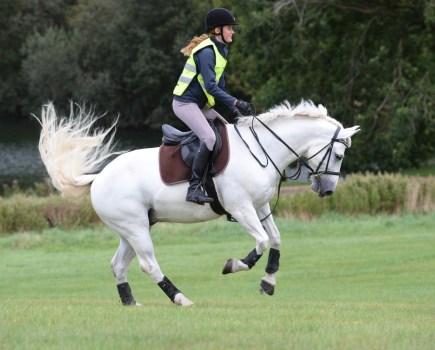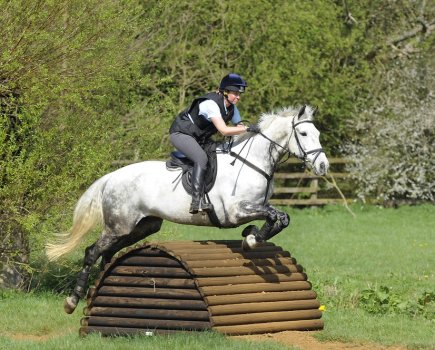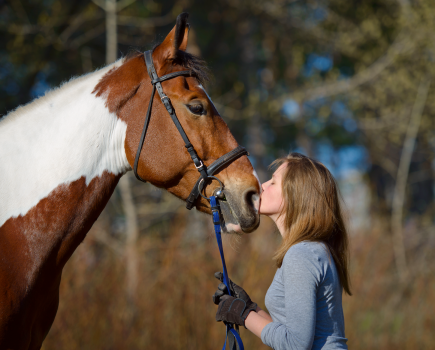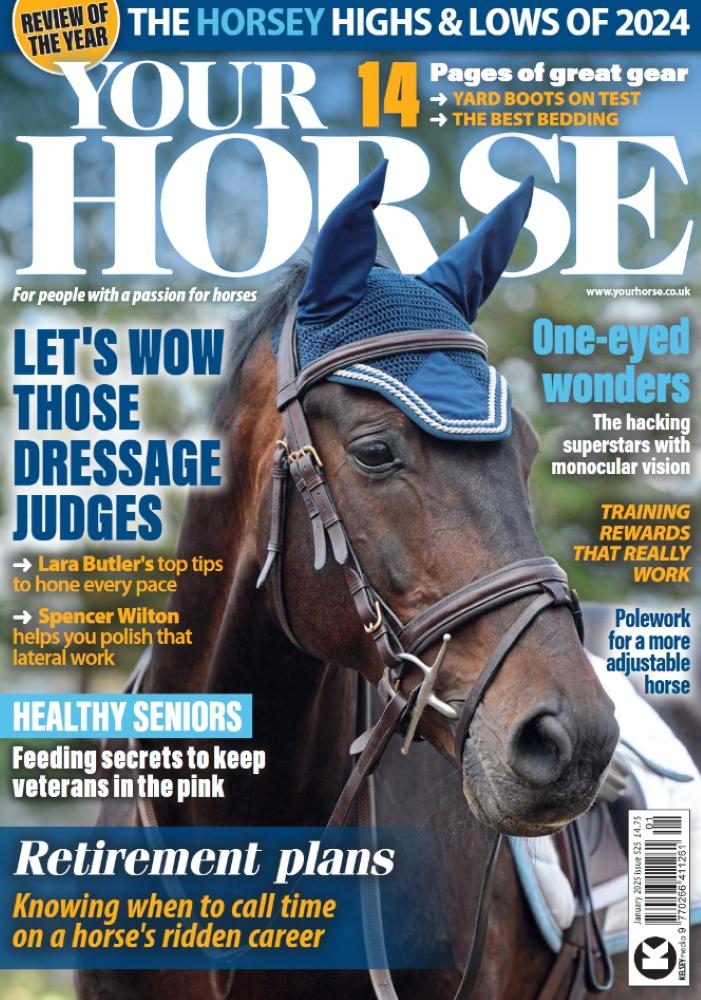As well as learning the physical skills which will lead you to confident riding, it’s possible to think yourself into a more confident state of mind.
Beliefs about yourself and who you think you are drive behaviour, so, if you believe you’re a nervous rider, you’ll be looking for reinforcement and justification for that belief.
Most nervous riders habitually allow negative words to undermine their self image. Listen to the statements you make and try to weed out those that aren’t useful and replace them with something positive like ‘I love going for a gallop’ or ‘I can jump that’. You may think these are only words which you don’t really mean, but affirmations and positive self talk can be surprisingly effective. The language we choose is selected by our subconscious mind and in a conflict between behaviour and belief, the belief will usually win. Because of this, beliefs have a powerful self-fulfilling effect.
Making changes to beliefs has a huge impact on rider confidence, which is why it’s useful to have an instructor or friend who will question any limiting beliefs and point out when you are confident or doing something well.
Here, Liz Morrison, trainer, judge and sports psychologist suggests how you can think your way into a more confident frame of mind by asking yourself:
1. What do you want?
So often we only know what we don’t want! For example, ‘I don’t want to feel scared when I go out hacking’ isn’t positive. Instead try something like ‘I want to feel confident and calm when I go out hacking’.
2. If you could have what it is you want, would you take it?
Is it really right for you, or are you just saying it because you feel you should? How committed are you to achieving it? Instead of saying ‘I want to ride at Medium dressage and I’m not good enough’ or ‘I can’t afford the horse/training’ you may learn that what you actually want is to enjoy greater harmony with your horse. You can achieve that by going for rides in beautiful places or having lessons with a more classical instructor. And if you decide that you really do want to compete at affiliated dressage you’ll be able to see what you need to change to achieve it – how you can afford another horse/more lessons, how you can make time for more training.
3 When, where and with whom do you want it?
Notice the timescale you put on it and who’s likely to be in your life when you achieve it and, indeed, which horse is involved! This adds more detail to your answer and clarifies the ‘reality’ that you want, so that your outcome or dream begins to take shape in your imagination.
4. How will you know when you have it?
What will it be like when you have really gained your outcome? What will you feel, what will you see and what will you hear? Again this helps the imagination develop and means you will know when you have it!
5. What will you do to achieve this?
This helps you understand the steps you need to take to reach that desired outcome or goal. A helpless attitude will soon reveal a deeper issue – if a goal really motivates and inspires you, how to achieve it is rarely as much of a problem as it first seems. Asking these sorts of questions acts like a reality check. It may be that you realise you’re not prepared to give up or change other aspects of your life in order to make it happen, or that there are more important priorities like families that you put first. At least then you have the choice of not nagging yourself for not having ‘achieved’ – after all you’ve chosen something more important to you.

